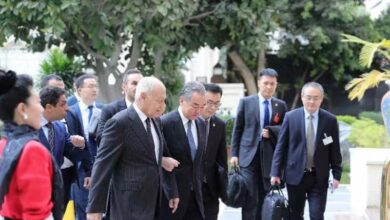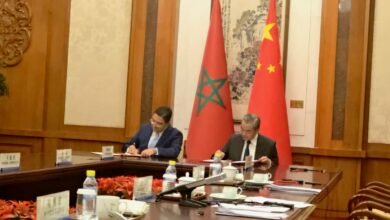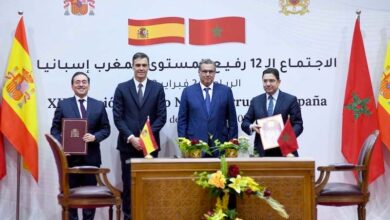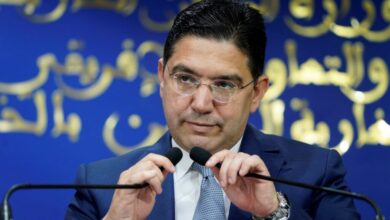Algeria Seeks Hollow Deals to Shift U.S. Position on Moroccan Sahara
Algeria Seeks Hollow Deals to Shift U.S. Position on Moroccan Sahara
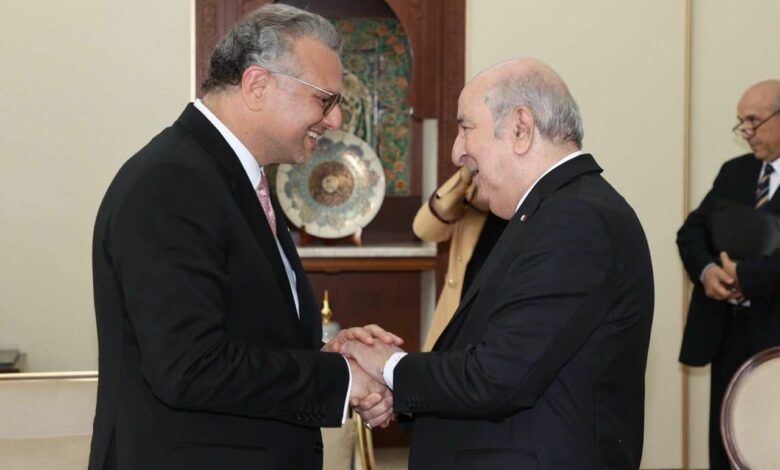
By: Iman Alaoui / ALDAR
In a move marked by political confusion, Algeria’s leadership is once again attempting to leverage economics and geopolitical interests in a bid to reposition itself in the Moroccan Sahara dossier. The latest maneuver involves offering tempting deals related to its underground resources and scattered southern mines to U.S. officials close to former President Donald Trump.
This renewed strategy reflects the deep state of disarray within the Algerian regime, which has struggled to adapt to a shifting international landscape increasingly favorable to Morocco’s autonomy plan—a proposal that enjoys growing support from major powers, foremost among them the United States.
Algeria’s latest diplomatic efforts are part of a broader strategic context. The country has found itself increasingly isolated, as several influential capitals have withdrawn their unconditional support for the separatist agenda and instead begun recognizing the Moroccan autonomy initiative as the only realistic and credible solution to the fabricated conflict in the Sahara.
Rather than reassessing its stance and embracing the logic of Maghreb unity and regional integration, Algeria appears committed to pursuing diplomatic maneuvers and using its natural resources as bargaining chips in a desperate attempt to buy political stances—an effort likely to yield nothing but further erosion of its political credibility.
The reception organized by Algeria for an envoy of Donald Trump fits within this strategy. The military regime reportedly sought to entice the American delegation with investment opportunities in iron and phosphate mines, along with easier access to rare resources in high demand in the U.S. market. Yet this transactional approach to sovereign issues only underscores a fundamental failure to grasp the logic of international relations, which are not shaped by ad hoc offers but by trust, stability, and consistent positions.
Successive U.S. administrations—under both Trump and Biden—have repeatedly expressed support for Morocco’s sovereignty over the Sahara, viewing autonomy under Moroccan rule as the most serious, credible, and realistic framework for resolving the conflict. This has been reaffirmed on multiple official occasions.
Algeria’s attempts to use natural wealth as a tool to influence U.S. policy decisions reveal deeper internal and external crises. Domestically, the regime faces escalating social and economic challenges, shrinking freedoms, and mounting political unrest. Internationally, it has failed to impose its narrative on the Sahara issue, as global recognition of Morocco’s sovereignty intensifies and more foreign consulates open in Dakhla and Laayoune.
These developments present Algeria with new realities that render obsolete its reliance on denial, threats, or even enticement strategies. Its latest efforts to play a central role in the Sahara dispute are little more than a desperate attempt to remain relevant at the international discussion table, even as the world moves beyond the conflict toward pragmatic solutions.
As for the economic offers Algeria is now putting forth, they amount to nothing more than a forward escape by a regime that has lost its internal compass and seeks to compensate for its failures by manufacturing external battles that no one stands to win.

